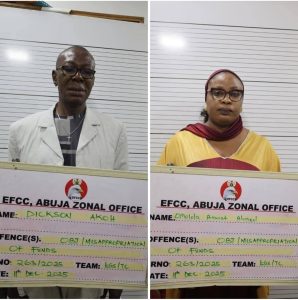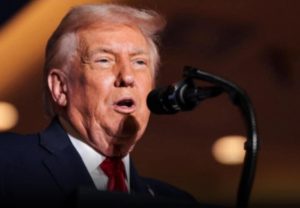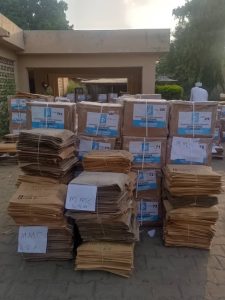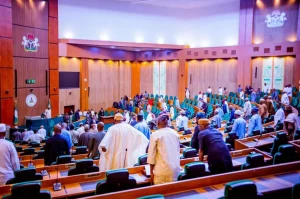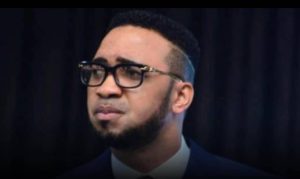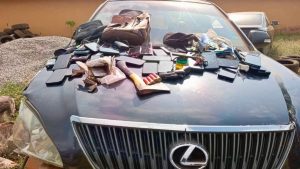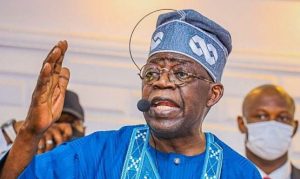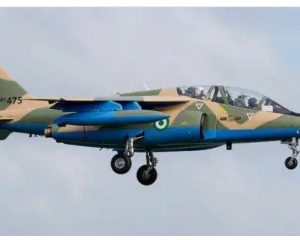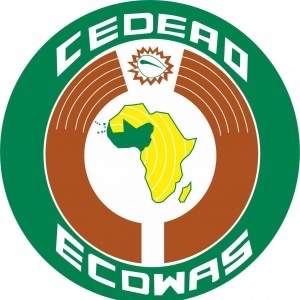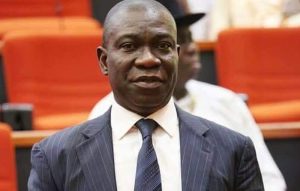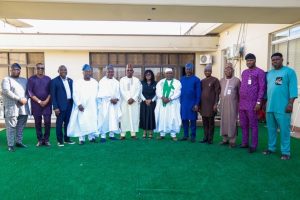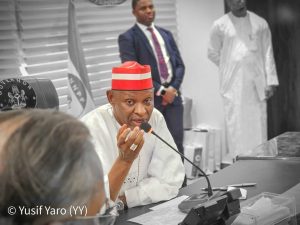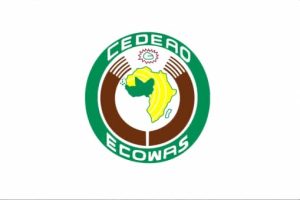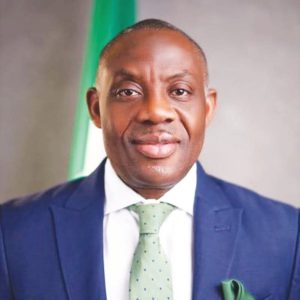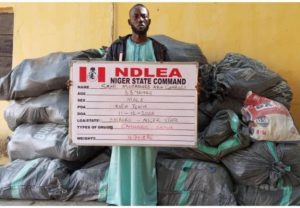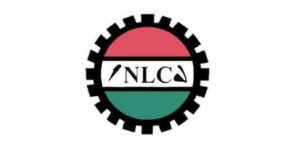By Ikugbadi Oluwasegun
The World Bank has granted Nigeria’s application for a $2.25 billion loan.
Wale Edun, Financial Minister, has unveiled a $2.25 billion loan initiative from the World Bank to aid President Tinubu’s economic reforms.
The loan aims to strengthen Nigeria’s foreign exchange reserves, with a portion allocated towards assisting those in need.
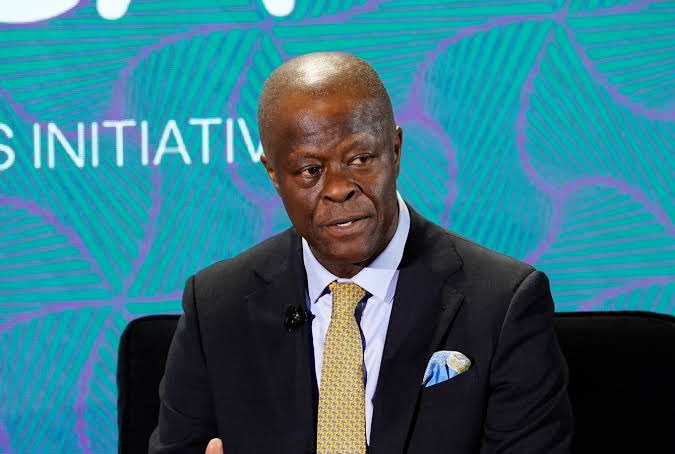
A statement issued on Wednesday by World Bank stated that, “The World Bank has on Wednesday approved two operations: $1.5 billion for the Nigeria Reforms for Economic Stabilization to Enable Transformation (RESET) Development Policy Financing Program (DPF) and $750 million for the Nigeria Accelerating Resource Mobilization Reforms (ARMOR) Program-for-Results (PforR). This combined $2.25 billion package provides immediate financial and technical support to Nigeria’s urgent efforts to stabilize the economy and scale up support to the poor and most economically at risk. It further supports Nigeria’s ambitious, multi-year effort to raise non-oil revenues and safeguard oil revenues to promote fiscal sustainability and provide sufficient resources to deliver quality public services.
“Confronted with a fragile economic situation, Nigeria recognized the urgency of changing course and embarked on critical reforms to address economic distortions and strengthen the fiscal outlook. Initial critical steps to restore macroeconomic stability, boost revenues, and create the conditions to reignite growth and poverty reduction have been taken. These include unifying the multiple official exchange rates and fostering a market-determined official rate, as well as sharply adjusting gasoline prices to begin to phase out the costly, regressive, and opaque gasoline subsidy. The Central Bank of Nigeria (CBN) has refocused on its core mandate of price stability and is tightening monetary policy including by increasing interest rates, as is appropriate to reduce inflation. A targeted cash transfer program is being rolled out to cushion the impact of high inflation on the poor and economically insecure households.
“We have embarked on bold and necessary reforms to restore macroeconomic stability and put the country back on a sustainable and inclusive economic growth path that will create quality jobs and economic opportunities for all Nigerians,” said Wale Edun, Nigeria’s Minister of Finance and Coordinating Minister of the Economy. “We welcome the support of the RESET and ARMOR programs as we further consolidate and implement our macro-fiscal and social protection policy reforms, consistent with accelerating investment and redirecting public resources sustainably to achieve development priorities.”
“Nigeria’s concerted efforts to implement far-reaching macro-fiscal reforms place it on a new path which can stabilize its economy and lift its people out of poverty. It is critical to sustain the reform momentum and continue to scale up and expand protection to the poor and economically at risk to cushion the effects of cost-of-living pressures on citizens,” said Ousmane Diagana, the World Bank Vice President for Western and Central Africa. “This financing package reinforces the World Bank’s strong partnership with Nigeria, and our support towards reinvigorating its economy and fast-tracking poverty reduction, which can serve as a beacon for Africa.”
“The RESET DPF is focused on supporting Nigeria strengthen its economic policy framework by creating fiscal space and protecting the poor and economically insecure. The ARMOR PforR will support efforts to implement tax and excise reforms, strengthen tax revenue and customs administrations, and safeguard oil revenues.
*The International Development Association (IDA) is the World Bank’s fund for the poorest. Established in 1960, it provides grants and low to zero-interest loans for projects and programs that boost economic growth, reduce poverty, and improve poor people’s lives. IDA is one of the largest sources of assistance for the world’s 76 poorest countries, 39 of which are in Africa. IDA resources help effect positive change in the lives of the 1.6 billion people living in the countries that are eligible for its assistance. Since its inception, IDA has supported development work in 113 countries. Annual commitments are constantly on the rise and have averaged $21 billion over the past three years, with about 61% going to Africa.”






